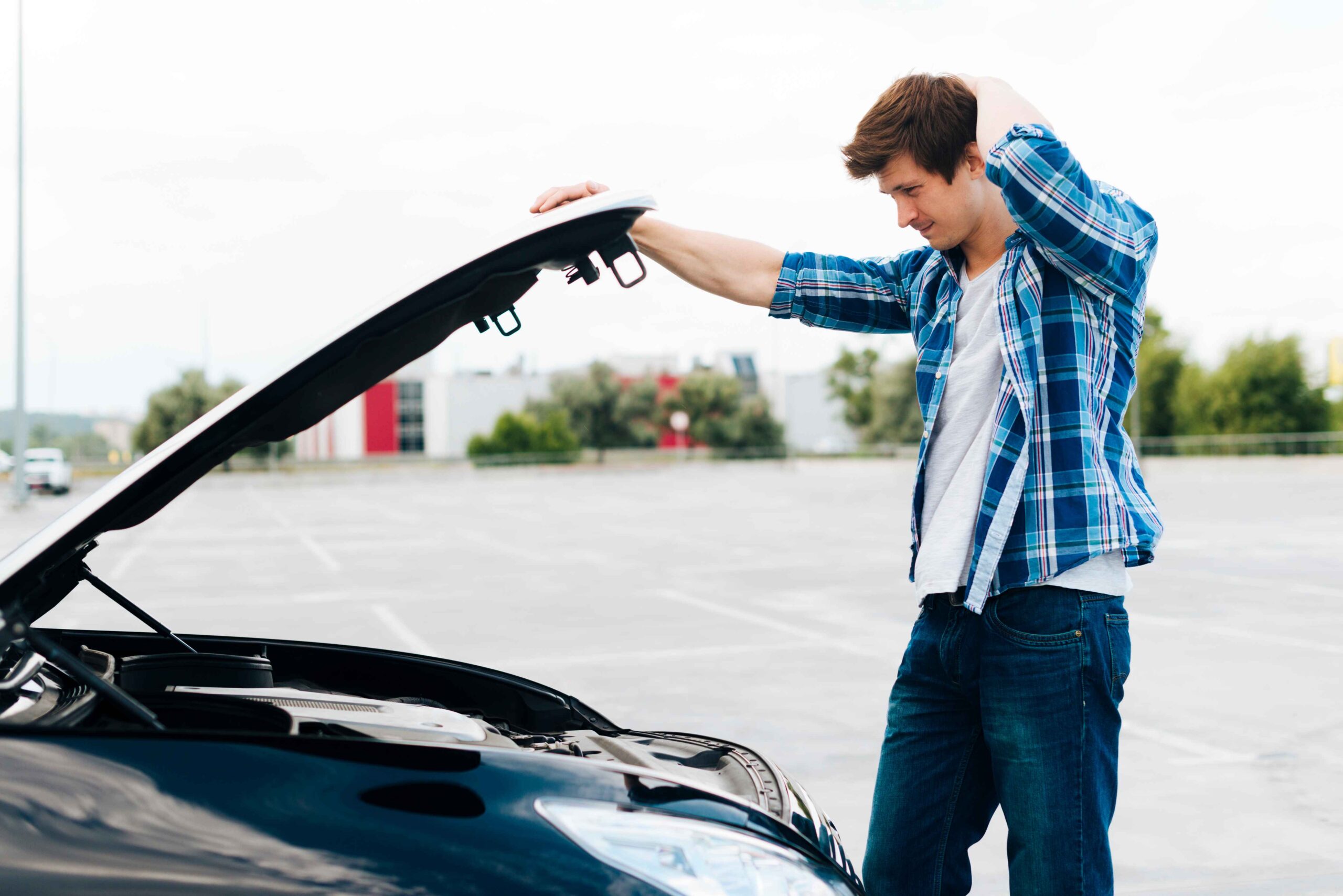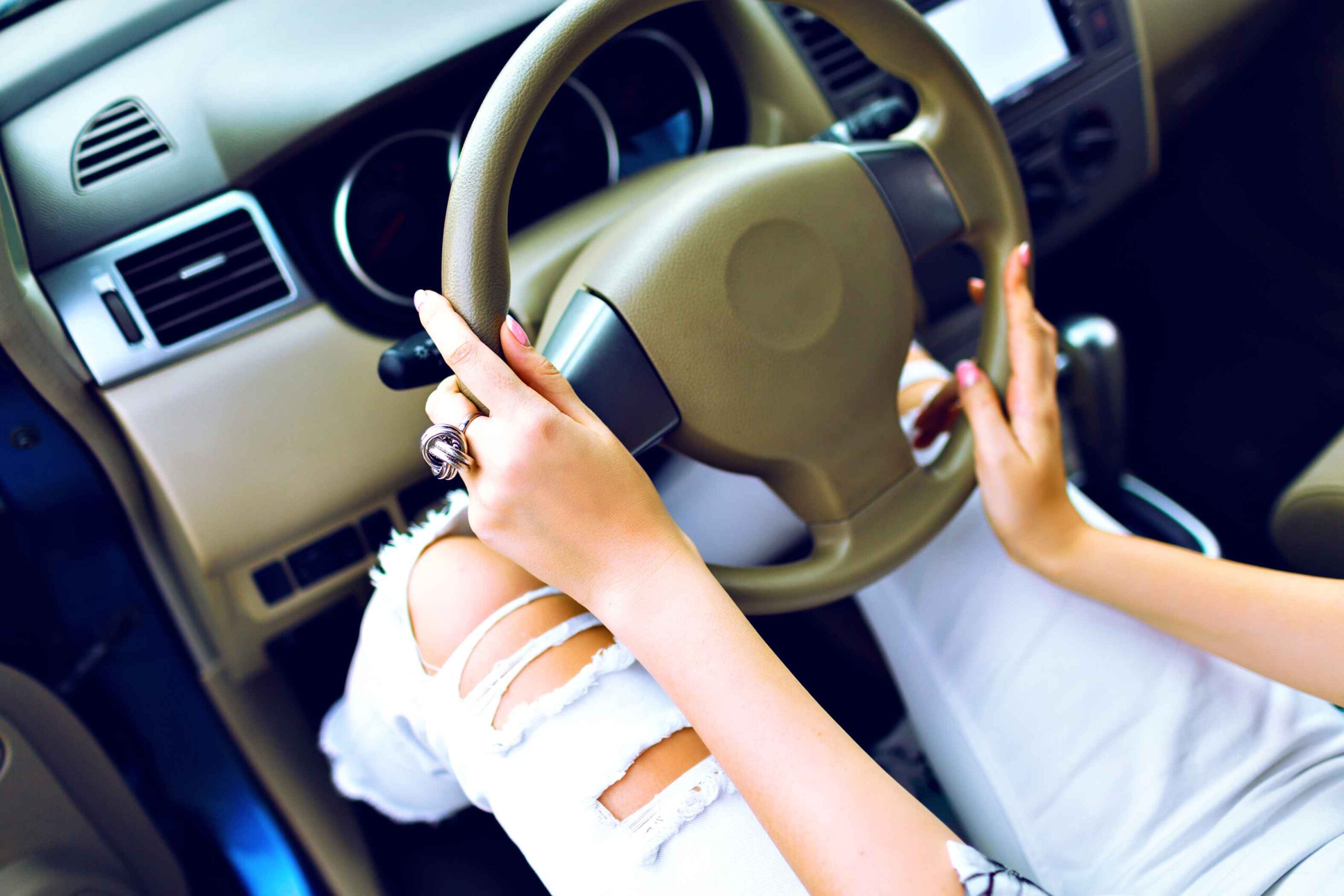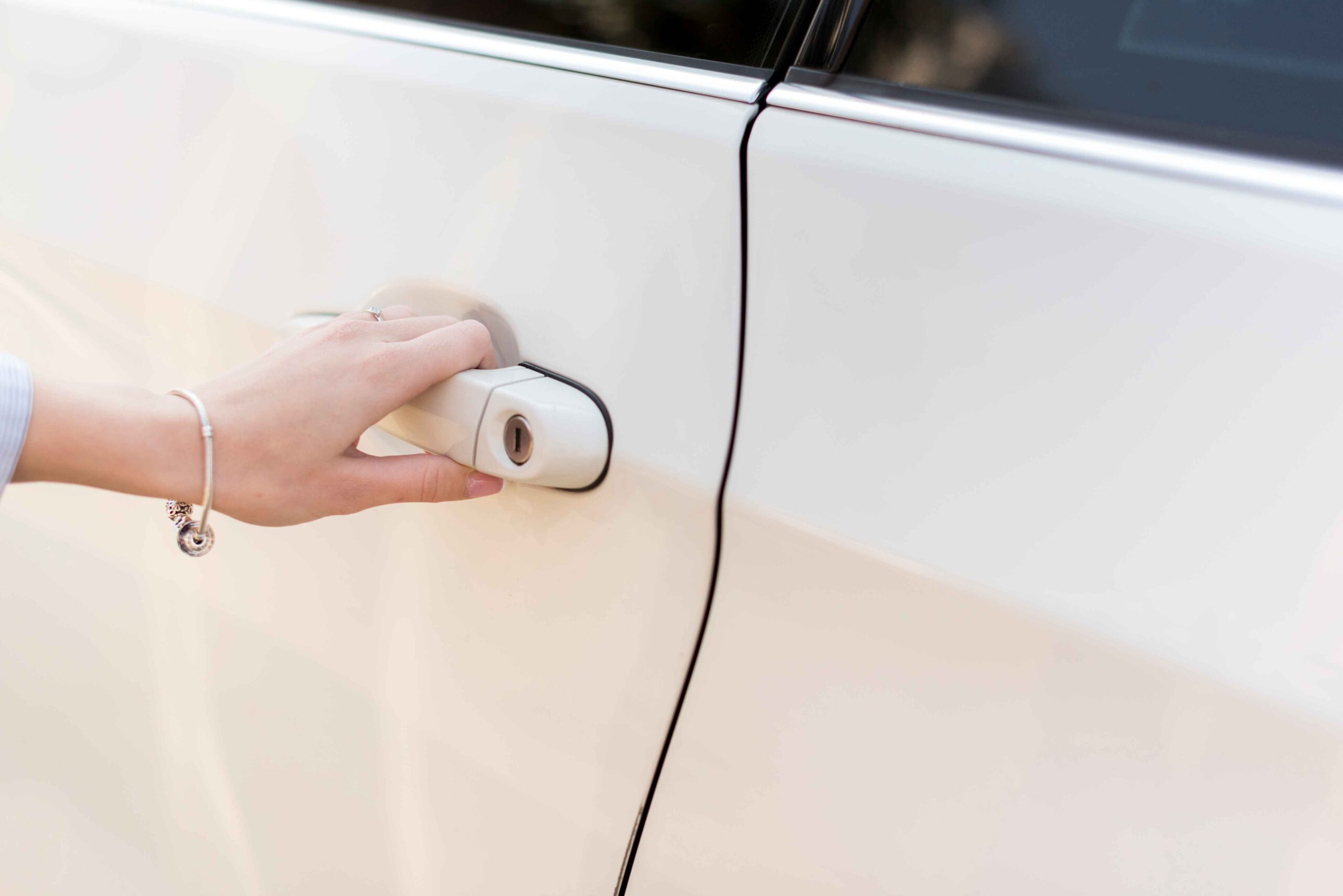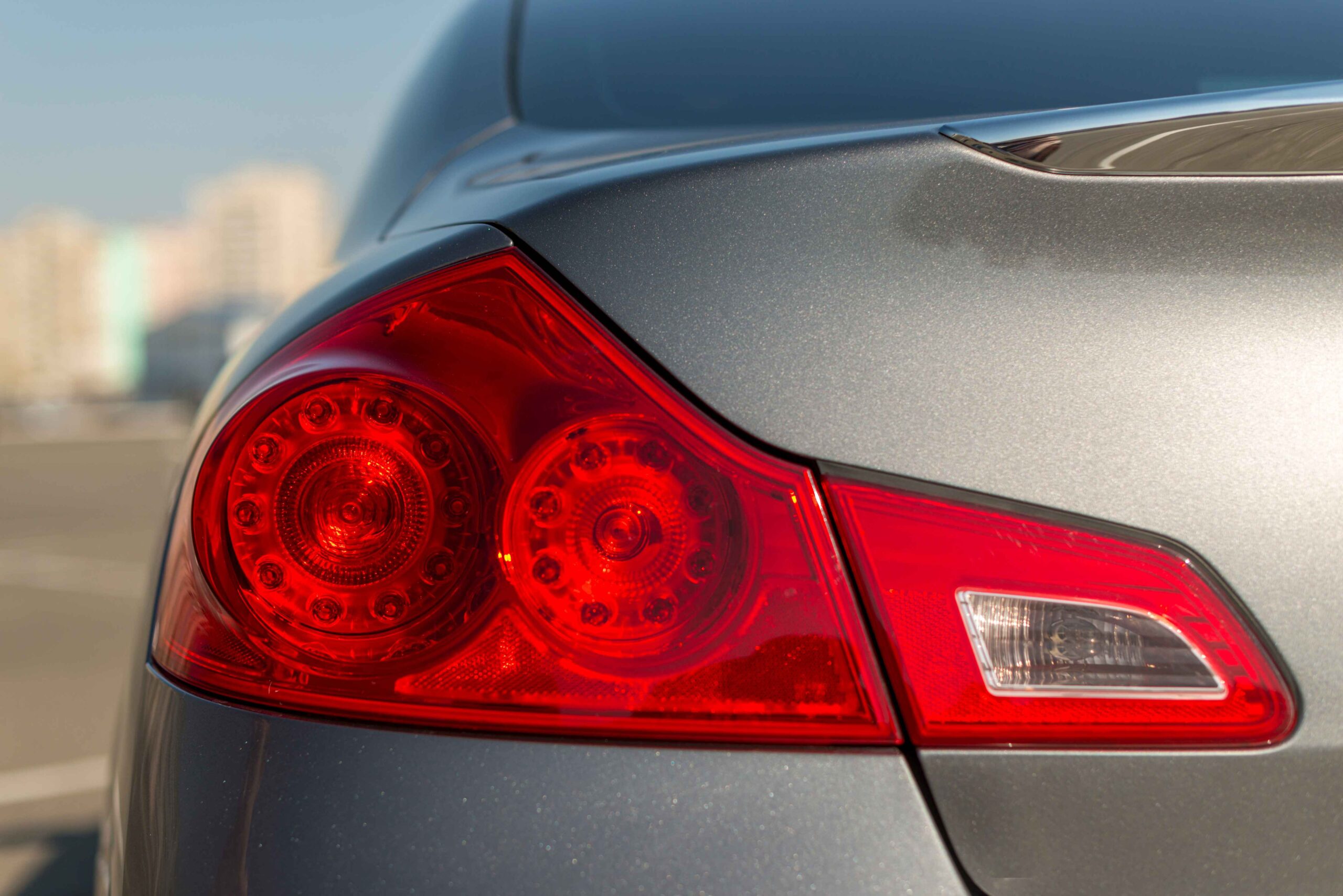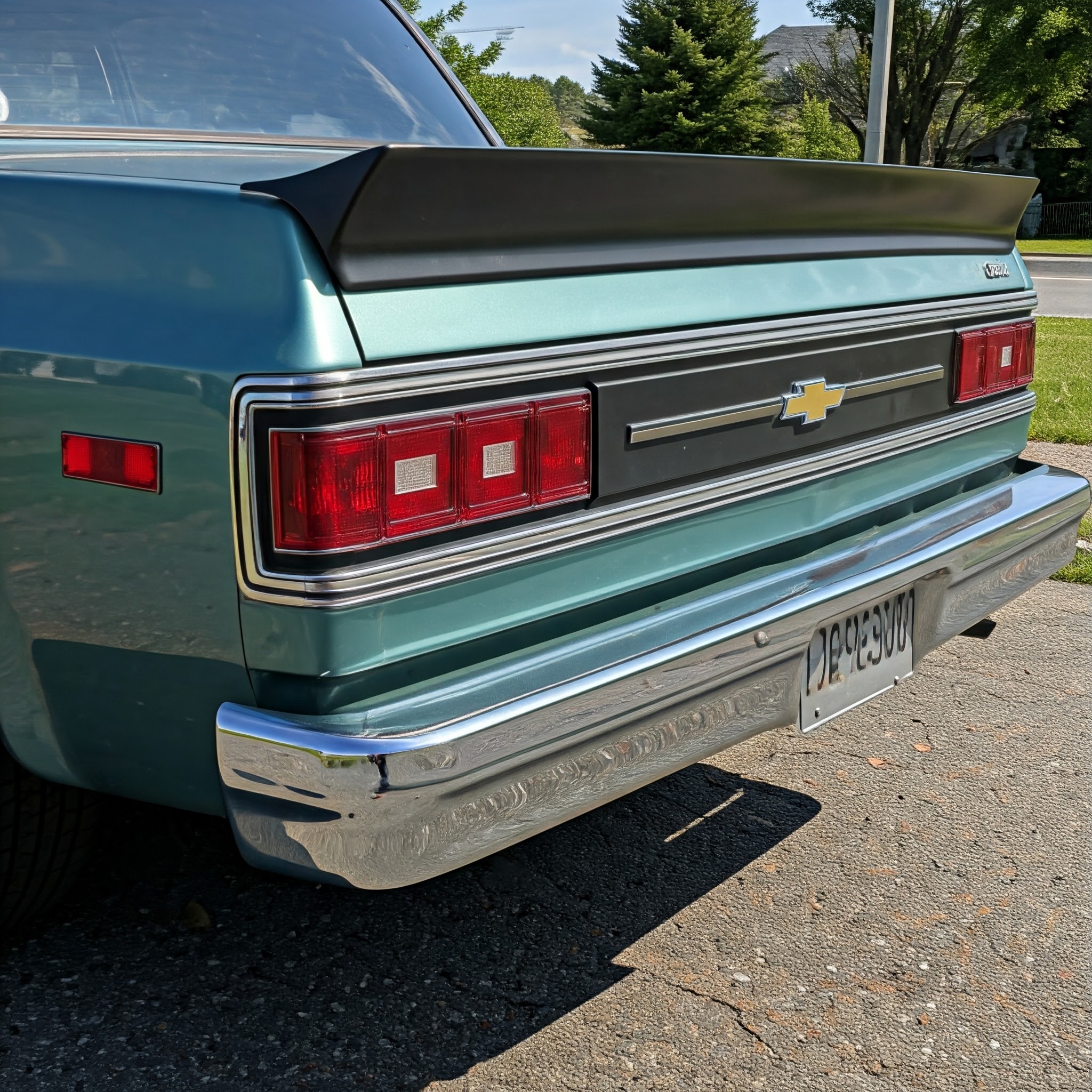It’s a familiar scene. You’re ready to go, you turn the key in the ignition, and…clicking. Nothing but that frustrating sound. It’s common. Car clicking and not starting happens to many of us.
According to a recent study, electrical issues, like weak batteries or bad starters, cause most car breakdowns. But don’t stress. Knowing why your car makes that sound can make all the difference.
Let’s discuss why your car might click but won’t start and, more importantly, how to fix it fast.
Why is Your Car Clicking and Not Starting?
When your car clicks and won’t start, it usually signals an electrical problem. If your car is making a clicking noise when trying to start, it’s often a sign that the battery or the starter motor isn’t doing its job. Here’s what could be wrong.
1. Battery Problems: The Usual Suspect
The most common reason for a clicking car is a weak battery. When an engine clicks but won’t start, it’s usually because the battery doesn’t have enough power to turn over the starter. A ticking noise when trying to start a car is a common symptom of this problem.
Here’s what to check:
- Jumpstart Your Car: Try a jumpstart first. If it starts, then drive to an auto shop to test the battery and see if it needs replacing.
- Look for Corrosion: Check the battery terminals for a white, chalky buildup. This corrosion can block the current from reaching the starter.
- Consider Battery Age: Batteries typically last 3-5 years. If it’s been a while, it might be time to get a new one.
Tip: Having jumper cables in your car can be a lifesaver if your car is clicking but not starting in a pinch. It’s a quick way to get back on the road.
2. One Click When Turning the Key? Look at the Starter
If your car makes one single click but won’t start, it could mean the starter motor is failing. The starter motor helps turn the engine over, and when it doesn’t work, you’ll hear one loud click instead of the engine turning. Sometimes, if the battery is extremely low, it might also sound like a single click.
Signs of a Bad Starter:
- No Engine Turnover: The car just sits there, doing nothing but clicking once.
- Check Battery First: Always check the battery before jumping to conclusions. Sometimes it’s the battery and not the starter.
- Temporary Fix: Try lightly tapping the starter with a wrench or hammer. This sometimes gets it moving, but it’s a temporary solution.
Next Steps: If a jumpstart or tapping doesn’t work, you might need a mechanic to inspect and replace the starter motor. Don’t ignore it, as the car won’t run until it’s fixed.
Why Car Clicking and Not Starting? Here’s What Research Shows
Car clicking but not starting often traces back to a few specific causes. Let’s go through them one by one.
1. Weak or Dead Battery
One of the main reasons your car clicks but won’t start is a weak or dead battery. When the battery is low, it can’t power the starter motor fully, which is why you get a rapid clicking sound. Here’s what you need to check.
| Issue | Symptom | Fix | Ease of Fix |
| Dead Battery | No start clicks rapidly | Jumpstart or replace | Easy |
| Loose Battery Terminals | Car won’t start, clicks | Tighten or replace cables | Easy |
| Corroded Terminals | Chalky buildup, no power | Clean with a wire brush | Moderate |
| Alternator Issue | Dim lights, low battery | Replace alternator | Moderate |
| Faulty Starter | Single click, no turnover | Replace starter | Moderate |
Tip: Check your battery connections regularly, as a simple loose connection can cause a clicking sound and prevent the car from starting.
Loose or Corroded Battery Terminals
Loose or corroded battery terminals can also cause starting issues. When a car is making a clicking noise when trying to start, it often signals that power isn’t reaching the starter properly due to a bad connection.
- Tighten Loose Connections: Wiggle the battery cables. If they move easily, they’re too loose and need tightening.
- Clean Corroded Terminals: Corrosion can prevent power flow and cause starting issues. If you see buildup, clean the terminals with a wire brush.
- Replace Worn Terminals: If tightening and cleaning doesn’t help, the terminals might be worn out and should be replaced to fix the car clicking and not starting problem.
Note: If you’re unsure about cleaning the battery yourself, a quick visit to a mechanic can take care of this problem in minutes.
Could a Failing Alternator Be the Problem?
If your car still won’t start after a jump, the alternator could be to blame. The alternator keeps the battery charged while the engine runs. If it’s weak, the battery won’t hold a charge, leading to the car clicking and not starting.
How to Check the Alternator:
- Jumpstart: Try jumpstarting. If your car runs for a while after removing the jumper cables, the battery is likely fine. If it stalls, you might have an alternator problem.
- Dim Lights: Dim headlights or interior lights can also signal a failing alternator.
Tip: If the car won’t turn on but clicks and jumpstarting doesn’t help, it’s wise to get the alternator inspected. A bad alternator can cause long-term damage to other car parts.
Is a Bad Starter the Culprit?
If you hear a single loud click when you turn the key, the starter motor may be failing. Starters generally last for 100,000 miles or more but can wear out sooner with rough weather or high use.
Signs of a Failing Starter:
- One loud click with no engine turnover
- No response to a jumpstart
- Intermittent starting issues
What You Can Do:
- Tap the starter gently with a tool. This sometimes frees up the motor temporarily.
- If engine clicks but won’t start despite tapping, you may need a new starter. Reach out to a mechanic if you suspect the starter, as it won’t fix itself.
Car Still Clicking After All These Fixes? It Could Be Fuses or Relays
If you’ve checked the battery, terminals, alternator, and starter, and the car is still just clicking, the problem might be deeper. Fuses and relays control the flow of power in your car, and when they fail, it can prevent the car from starting.
- Blown Fuse: Fuses protect the car’s electrical circuits. When one blows, it can prevent power from reaching key components, causing a clicking noise.
- Bad Relay: Relays act like switches, directing power to different parts of the car. If one fails, it can block power to the starter or other systems.
Fixing It: If you’re comfortable, check your fuse box for any blown fuses and replace them. If you’re not sure, a mechanic can inspect these components quickly.
Car clicking and not starting can mess with your day, but it’s often an easy fix. Start by checking the battery, terminals, alternator, and starter. These basic checks can often get you back on the road quickly. If the car still won’t start, consult a mechanic.
Don’t let a simple car issue keep you stuck—get your car clicking and not starting issue sorted with OEM Car Part, and keep your plans on track!
FAQs
Car clicking and not starting usually means a problem with the battery, starter, or alternator. A weak battery or bad connection is often the reason. Start by checking the battery.
Yes, a dead or weak battery can cause a ticking noise when trying to start a car. Without enough power, the battery can’t engage the starter fully, which makes a clicking sound.
One single click often means an issue with the starter or starter relay. It can also be a sign of a very low battery. Try a jumpstart, and if that doesn’t work, consult a mechanic.
To test, try jumpstarting the car. If it stays running, the battery may be weak. If it stalls after removing the jumper cables, it’s likely an alternator problem.
For minor issues, yes. Tighten battery terminals, clean off corrosion, or jumpstart the car. If these don’t work, go to a mechanic for help.
If the car clicks but won’t start even after a jump, the problem could be with the starter, relay, or another component beyond the battery. It’s best to get it checked by a professional.
If your car is clicking and not starting even with a new battery, it might be the alternator or a bad connection. Check these components if the car won’t turn on but clicks.

